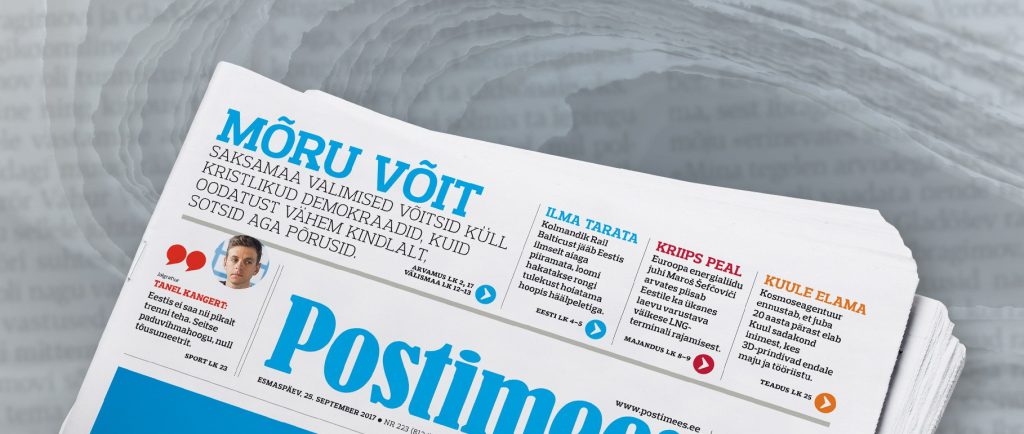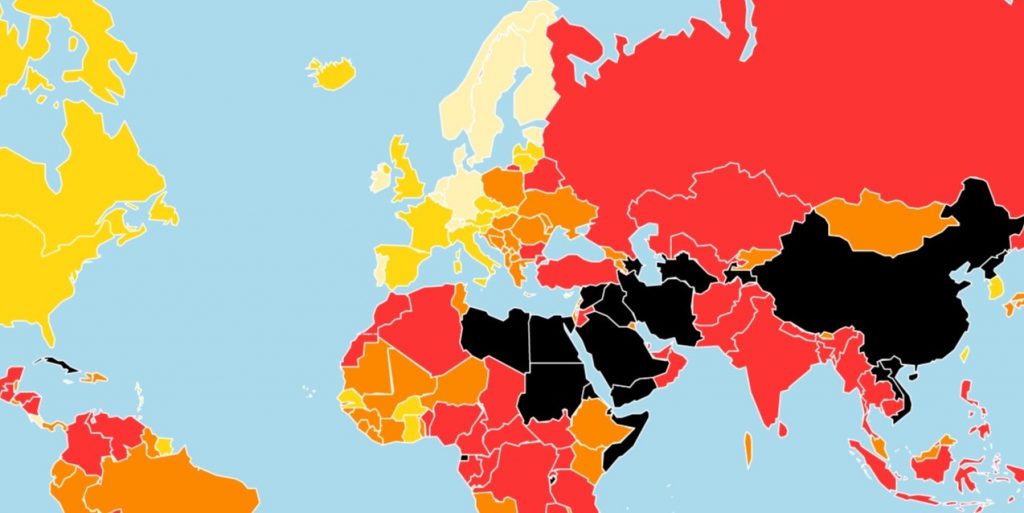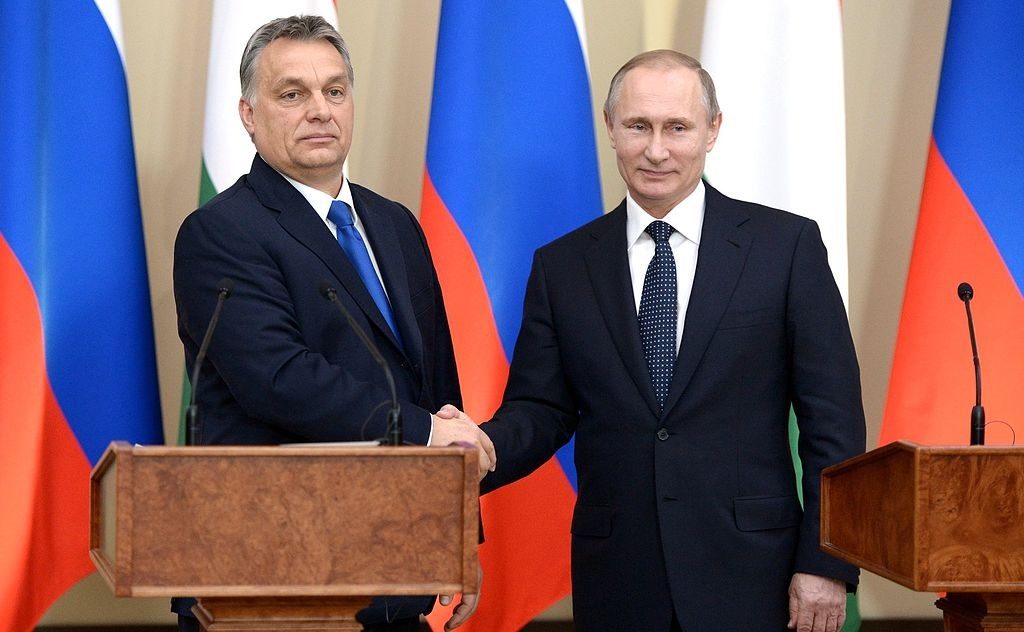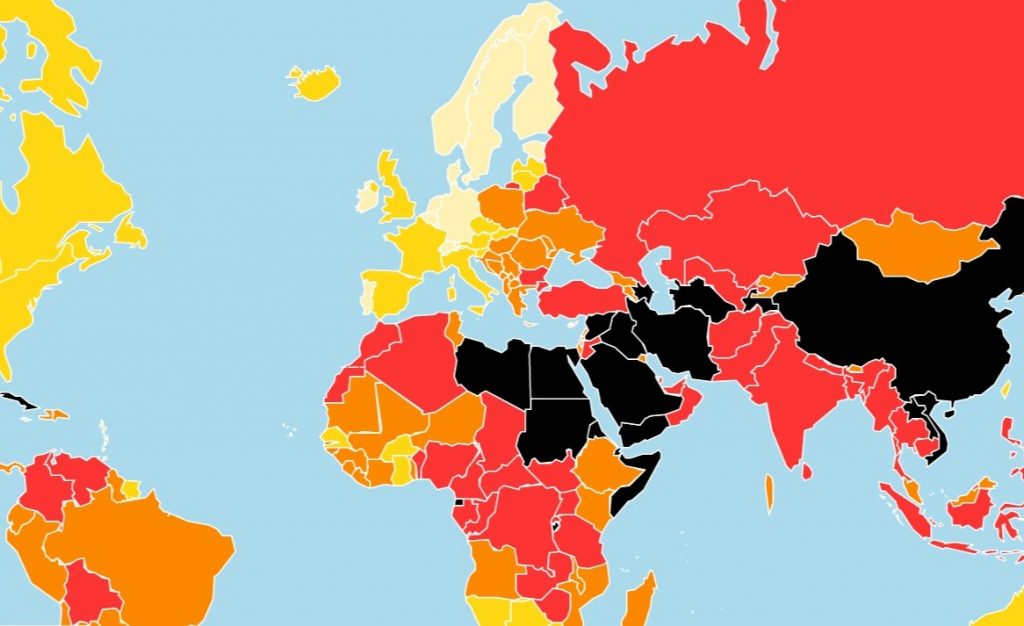Estonia has dropped three places in the 2020 World Press Freedom Index, compiled by Reporters Without Borders.
In 2019, Estonia was ranked 11th; however, this year, the international organisation that conducts political advocacy on issues relating to freedom of information and freedom of the press, places Estonia 14th.
“In 2019, Estonian news media faced challenges, prompting journalists to question just how fragile their freedom truly is,” RSF said. “Members of the far-right populist party EKRE, a part of the ruling coalition, have been verbally attacking journalists with such intensity that the president decided to intervene.”
In addition to facing pressure from politicians, press freedom was restricted from within one of the most important newsrooms, the organisation pointed out.
“In 2019, reports began emerged that the owner of Estonia’s oldest newspaper, the Postimees, had been interfering in the work of journalists and using the newspaper to promote his conservative worldview and advertise his other businesses. In response to these revelations, almost all journalists of the investigative and opinion desks resigned.”

Norway enjoys the freest press
“As Estonia is a small country with high media ownership concentration, the case led to a country-wide discussion on freedom of the press,” RSF added.
“Another factor defining the discussion on press freedom in Estonia is Russian propaganda. At the end of 2019, Estonia forced the pro-Kremlin Sputnik news outlet to close its office in Tallinn. Authorities justified the move with the fact that a director-general of the Sputnik Estonia’s umbrella company is subject to EU sanctions for undermining the territorial integrity of Ukraine. Subsequently, the Russian government launched a global campaign against Estonia claiming that Estonia oppresses Russian media.”
The freest press in the world is, according to RSF, in Norway, followed by Finland, Denmark and Sweden. Latvia is ranked 22nd, Lithuania 28th and Russia 149th.

With its ranking, Estonia is still enjoying freer press than for example Canada (ranked 16th), the United Kingdom (35th) or the United States (45th).
The coronavirus pandemic shows a threat to reliable information
RSF noted this year’s index suggests that the next ten years will be pivotal for press freedom because of converging crises affecting the future of journalism: a geopolitical crisis (due to the aggressiveness of authoritarian regimes); a technological crisis (due to a lack of democratic guarantees); a democratic crisis (due to polarisation and repressive policies); a crisis of trust (due to suspicion and even hatred of the media); and an economic crisis (impoverishing quality journalism).
“We are entering a decisive decade for journalism linked to crises that affect its future,” RSF’s secretary-general, Christophe Deloire, said in a statement. “The coronavirus pandemic illustrates the negative factors threatening the right to reliable information and is itself an exacerbating factor. What will freedom of information, pluralism and reliability look like in 2030? The answer to that question is being determined today.”
According to the organisation, there is a clear correlation between suppression of media freedom in response to the coronavirus pandemic and a country’s ranking in the index.
“Both China (177th) and Iran (down 3 at 173rd) censored their major coronavirus outbreaks extensively. In Iraq (down 6 at 162nd), the authorities stripped Reuters of its licence for three months after it published a story questioning official coronavirus figures,” RSF pointed out.
People must campaign for journalists’ rights
“Even in Europe, Prime Minister Viktor Orbán of Hungary (down 2 at 89th), had a ‘coronavirus’ law passed with penalties of up to five years in prison for false information, a completely disproportionate and coercive measure.”

“The public health crisis provides authoritarian governments with an opportunity to implement the notorious ‘shock doctrine’ – to take advantage of the fact that politics are on hold, the public is stunned and protests are out of the question, in order to impose measures that would be impossible in normal times,” Deloire added. “For this decisive decade to not be a disastrous one, people of goodwill, whoever they are, must campaign for journalists to be able to fulfil their role as society’s trusted third parties, which means they must have the capacity to do so.”
Reporters Without Borders is an international non-profit, non-governmental organisation based in Paris that conducts political advocacy on issues relating to freedom of information and freedom of the press. It has two primary spheres of activity: one is focused on internet censorship and the new media, and the other on providing material, financial and psychological assistance to journalists assigned to dangerous areas.
Cover: A global press freedom map (Reporters Without Borders).

